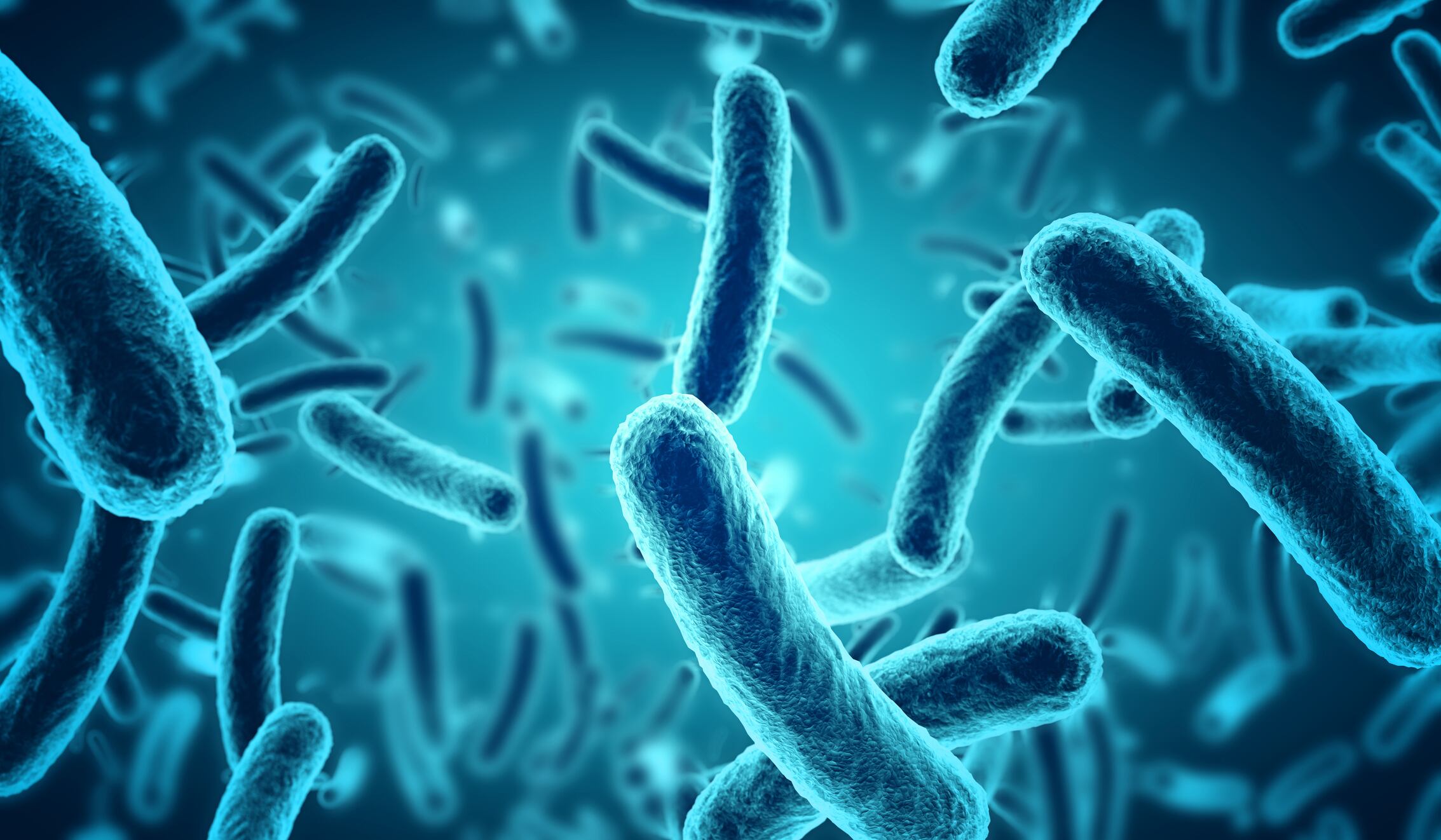The study highlights the importance of donor selection for optimising the effectiveness of FMT as a treatment for IBS.
Speaking at UEG Week Barcelona 2019, lead investigator, Professor Magdy El-Salhy from Haukeland University Hospital in Bergen, Norway, explained: "Microbiota dysbiosis is thought to play an important role in the pathophysiology of IBS, however, previous studies investigating FMT in this condition have produced conflicting results.
"We set out to optimise our chances of treatment success by selecting a single, well-defined donor who fulfilled European guidelines for FMT donors, and who had a favourable faecal microbial profile."
Method
The study randomised 164 individuals with IBS and moderate-to-severe IBS symptoms (Irritable Bowel Syndrome Severity Scoring System [IBS-SSS] 175) to receive either placebo (a solution containing their own faeces), a 30g donor transplant solution, or a 60g transplant solution.
Unlike in previous studies, the transplant material had been stored frozen (-80 °C/-112 °F), and was administered after thawing into the proximal duodenum via gastroscope—removing the need for bowel preparation prior to transplantation and making it easier to perform in clinical practice.
The primary efficacy endpoint of the study was the percentage of patients who achieved a 50-point reduction in IBS-SSS at three months after FMT (response to treatment).
Results
According to Prof. El-Salhy, a response to FMT treatment was observed in 23.6% of individuals who received placebo, 76.9% of individuals who received a 30 g transplant, and 89.1% of individuals who received a 60 g transplant.
Clinically significant symptom improvement (a 175-point reduction in IBS-SSS) occurred in 5.5% (placebo), 35.2% (FMT 30g), and 47.3% (FMT 60g) of the treatment groups.
Significant improvements in fatigue (Fatigue Assessment Scale) and quality of life (IBS-Quality of Life instrument) were also observed in the FMT treatment groups compared with the placebo group.
An analysis of faecal bacterial profiles showed changes in the abundance of different bacteria in the two FMT groups, but not in the control group.
"Adverse events after FMT occurred in about 20% of patients and were mild and self-limiting gastrointestinal symptoms such as abdominal pain, diarrhoea or constipation," said Prof. El-Salhy. "These occurred intermittently in the first 2 days following FMT."
Prof El-Salhy and colleagues believe this study confirms that FMT is an effective treatment for IBS, but stress the importance of using a super-donor to achieve treatment success. "We got lucky when we found our donor after screening several other candidates, and we hope the selection criteria we used will help other groups find similar individuals.
"The use of frozen faeces eliminates the logistical problems associated with FMT involving fresh faeces, making it possible to establish bio-banks for the routine use of FMT in clinical practice."
Source:
Authors: El-Salhy M, Haltebakk JG, Gilja OH, et al.
"Effects of faecal microbiota transplantation in patients with irritable bowel syndrome (IBS): a randomised, double-blind placebo-controlled study"
Presented at UEG Week October 21, 2019.


